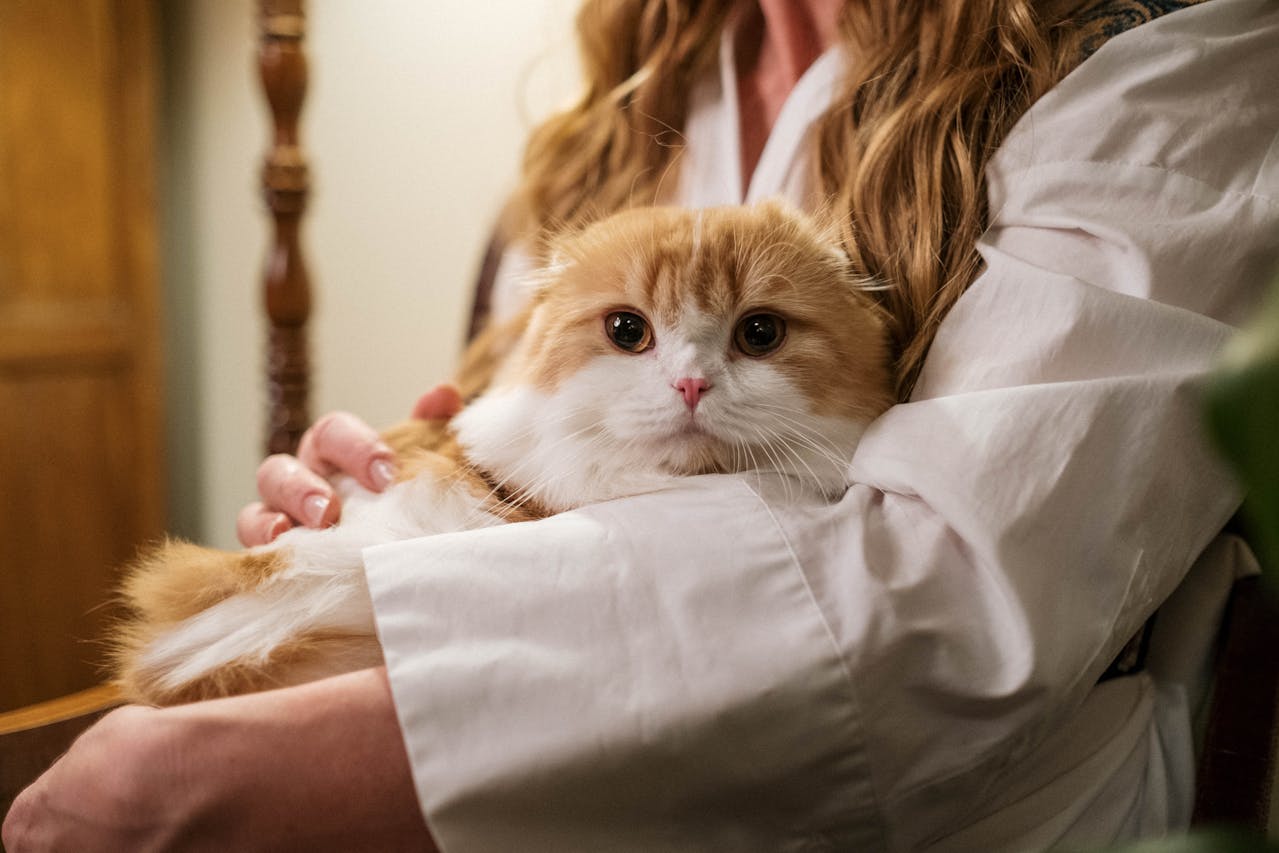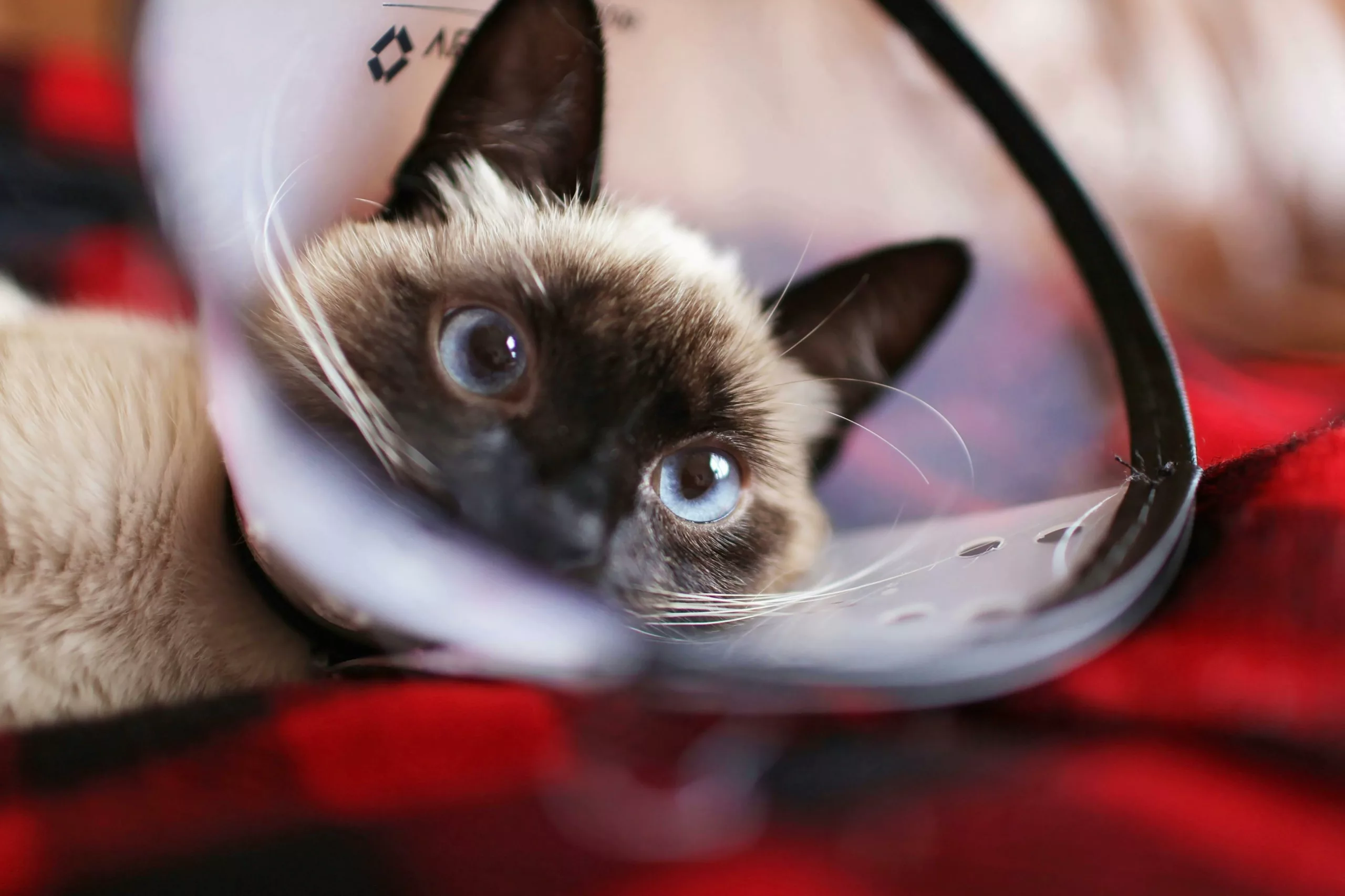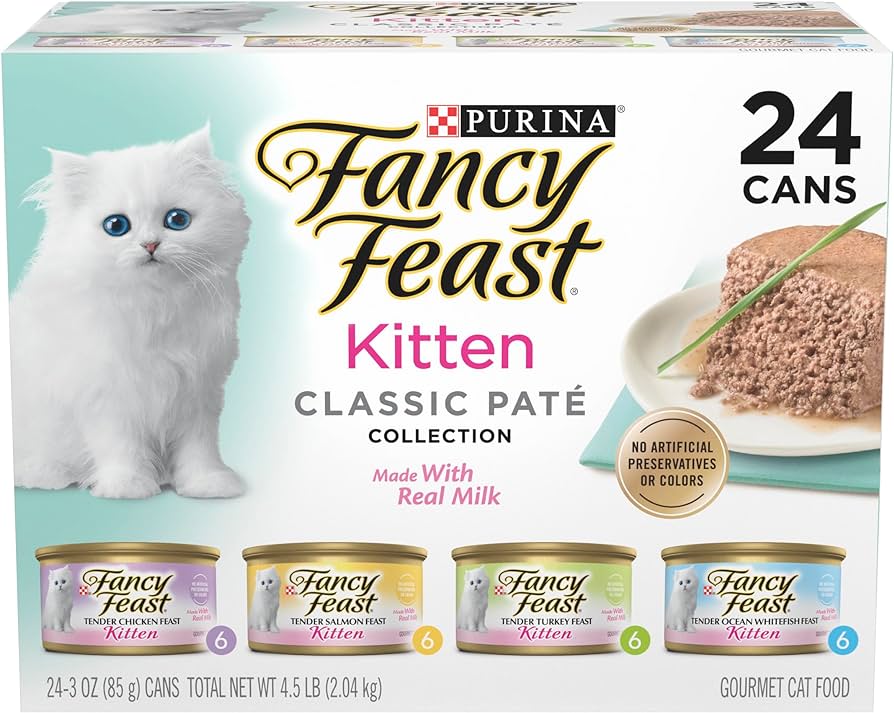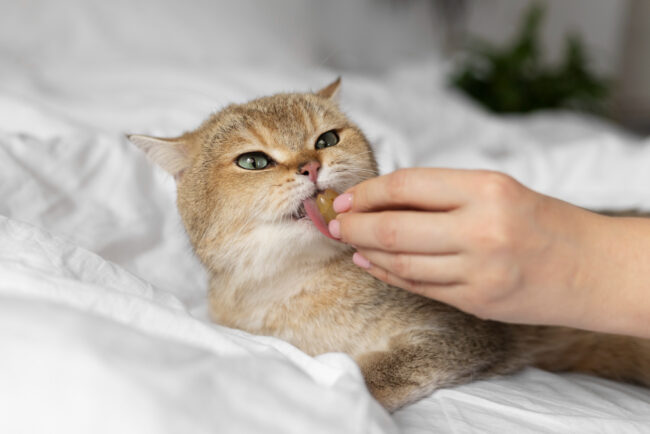Table of Contents
Have you ever wondered why some cats seem to be natural-born cuddlers while others display the independence of a stoic philosopher? That’s the puzzle we’re piecing together today. Why are some cats more affectionate than others? It’s a question that has puzzled pet owners and cat enthusiasts alike.
Cats are known for their complex personalities and diverse behaviors. Some may seek constant companionship and affection, purring at every opportunity for a gentle stroke, while others prefer a more solitary existence, shying away from too much human interaction.
This isn’t just about individual quirks; it’s also about understanding feline affection as a spectrum. Not all cats can be neatly categorized as ‘affectionate’ or ‘aloof’. Instead, many factors play into where they might fall on this spectrum, including genetics, early socialization, and their ongoing environment.
As we delve into the factors shaping these feline friendships, remember that each cat’s story is unique. What makes one cat approachable and another more reserved can be as complex as the mystery of the creatures themselves.
Moving forward, let’s dig deeper into one key influence on this behavior – genetics. The genetic factor isn’t the sole shaper of a cat’s personality, but it certainly plays a significant role. Up next, we’ll see just how these genetic underpinnings contribute to the warmth, or lack thereof, that a cat may exhibit toward their human companions.
The Genetic Factor in Feline Friendliness
Now, what’s behind those purrs and cuddles? A bunch of factors contribute to a cat’s affectionate behavior, but let’s zoom in on one: genetics. Yes, just like us, cats inherit traits from their parents, and that can include their social tendencies.
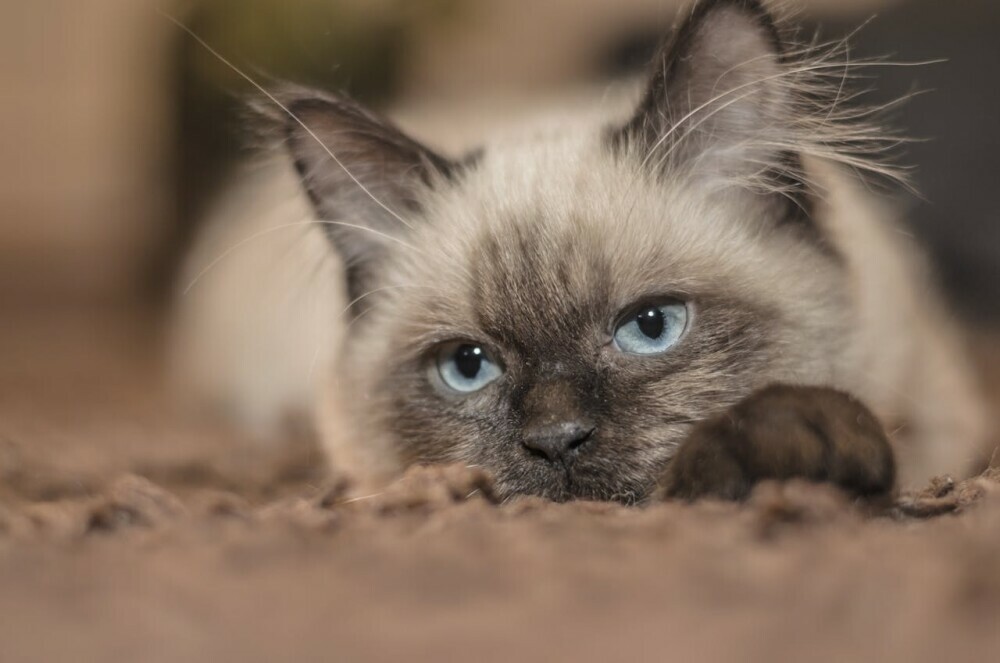
Some cat breeds are synonymous with affection. Think about the Siamese or Ragdolls, often dubbed ‘puppy cats’ due to their tendency to follow their owners around and crave physical interaction. This behavior isn’t by chance; it’s inscribed in their DNA. I’m going to take you through some of the friendliest felines out there and explain why their genetic makeup predisposes them to be extra cuddly.
While it’s thrilling to delve into the genetic roots of affectionate cats, it’s crucial to remember that individual personality can vary significantly even within the same breed. That’s going to include a look at how personality manifests differently from kitty to kitty. So you see, affection isn’t just a one-gene show; it’s a complex ballet of genetic factors and individual quirks.
Nurturing Bonds: Environment and Experience
I’m going to show you how the environment cats grow up in significantly shapes their affection levels. Just as with people, a cat’s surroundings and life experiences play a huge role in their social development.
Early Experiences
You’re going to find out about the importance of early experiences, especially during the crucial kitten socialization period. Cats that have positive interactions with humans and other animals during their first few months are typically more open to affectionate behaviors.
In my opinion, the continuity of this positive reinforcement throughout a cat’s life cannot be overstated. Regular, gentle interactions with humans can encourage a cat to be more loving and trustful.
Love and Attention
Don’t worry too much if your feline friend started off a little standoffish. Your patience and persistence in offering attention and care can make a world of difference. It’s not just about genetics; it’s also about the love and attention you give to your cat.
Choose something that resonates with you, maybe a special treat or toy, to build positive associations. Regular playtime, petting sessions, and even training can foster a strong bond between you and your cat.
This isn’t just about making your cat more affectionate; it’s also about enhancing their overall well-being. An environment filled with love and comfort creates a happy and healthy cat, which in turn is more likely to show affection.
So my takeaway message is simple: nurture your cat with patience, tenderness, and consistency, and you might just be rewarded with a furry bundle of love that seeks out your lap every chance it gets.

